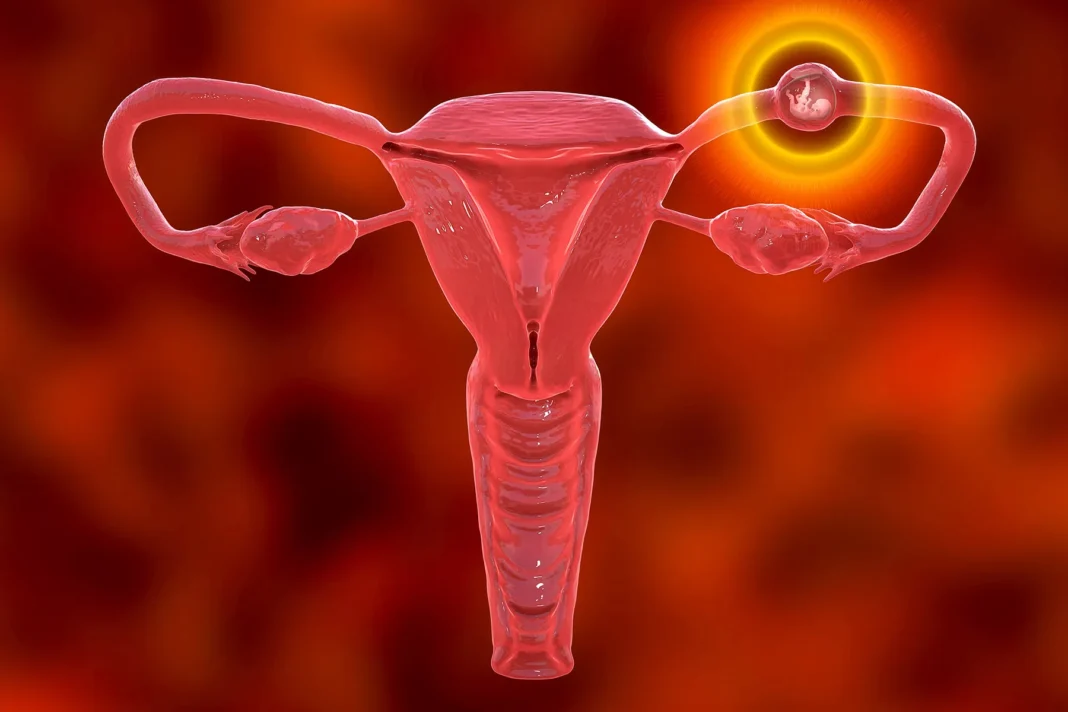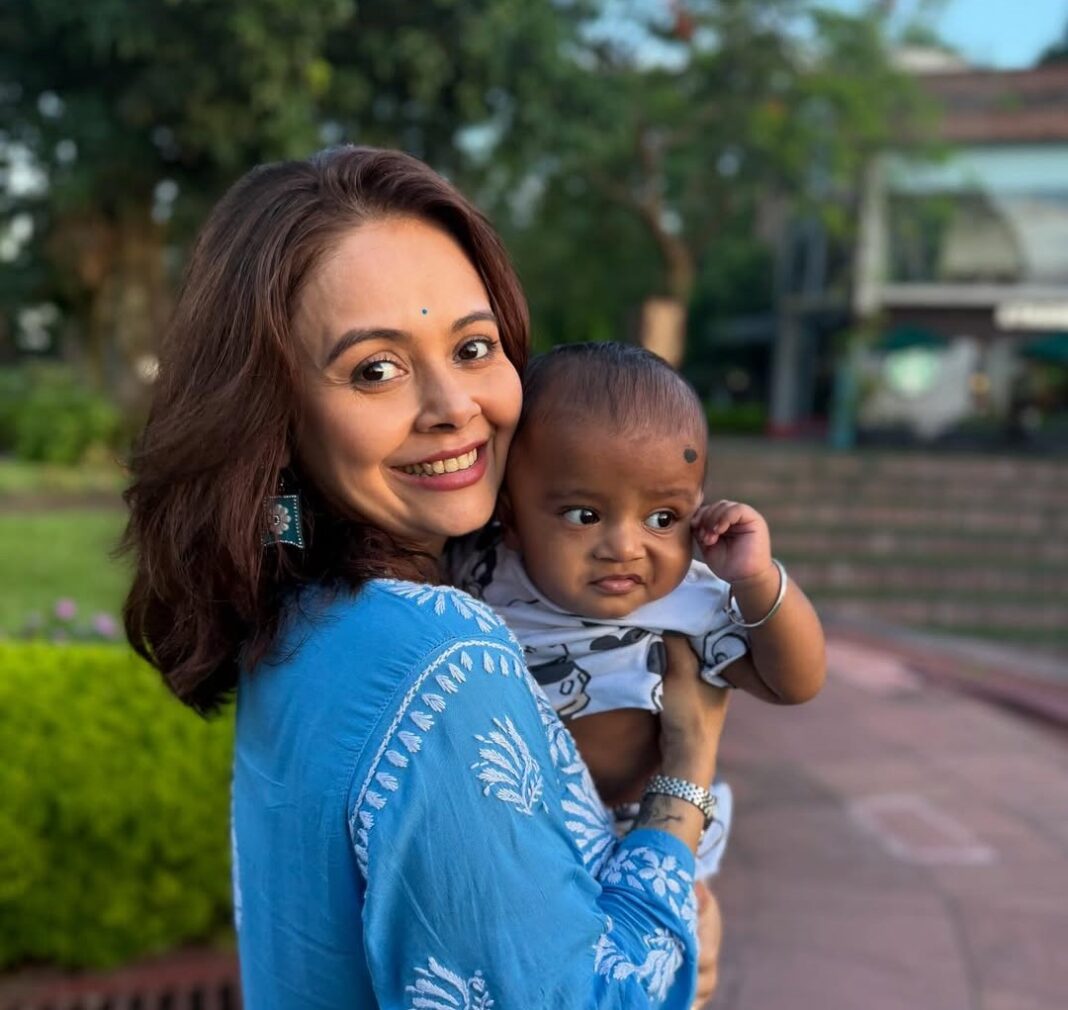Only 48% of infants under six months are exclusively breastfed, far below the World Health Assembly target of 60% by 2030.
Geneva/New York– As the world marks World Breastfeeding Week (August 1–7), the World Health Organization (WHO) and UNICEF are calling on countries to strengthen their health systems and invest in sustained support for breastfeeding mothers.
In a joint statement, WHO Director-General Dr. Tedros Adhanom Ghebreyesus and UNICEF Executive Director Catherine Russell emphasized the life-saving impact of breastfeeding:
“Breastfeeding is one of the most effective ways to ensure a baby’s health, development, and survival in the earliest stages of life. It acts as their first vaccine, providing protection against diseases including diarrhoea and pneumonia.

Despite its proven benefits, only 48% of infants under six months are exclusively breastfed, far below the World Health Assembly target of 60% by 2030. This gap is attributed to systemic barriers faced by mothers, healthcare workers, and health systems.
“Millions of mothers do not receive timely, skilled support in healthcare settings when they need it most,” the statement noted.
“Shockingly, only a fifth of countries include infant and young child feeding training for healthcare providers, leaving many new mothers without essential guidance on breastfeeding and complementary feeding.”
In many countries, health systems are too often under-resourced, fragmented, or poorly equipped to deliver quality, consistent, evidence-based breastfeeding support.
Meanwhile, investment in breastfeeding remains critically low, despite research showing that every dollar invested generates a $35 return in economic benefits.
Why Breastfeeding Matters in the First Six Months, UNICEF Explains
Call on Govt., Policy Makers and Partners to Invest and Support
“As we mark World Breastfeeding Week under the theme, “Prioritise breastfeeding: Create sustainable support systems”, WHO and UNICEF are calling on governments, health administrators, and partners to invest in high-quality breastfeeding support, by:
- Ensuring adequate investment in equitable, quality maternal and newborn care, including breastfeeding support services. Increasing national budget allocations for breastfeeding programmes.
- Integrating breastfeeding counselling and support into routine maternal and child health services, including antenatal, delivery, and postnatal care.
- Train all health professionals, including those in emergency settings, to offer informed, compassionate breastfeeding support.
- Strengthening community health systems to provide every new mother with ongoing, accessible breastfeeding support to for up to two years and beyond..
- Protecting breastfeeding by ensuring that the International Code of Marketing of Breast-milk Substitutes is applied in all health facilities and systems.
“Strengthening health systems to support breastfeeding is not only a public health priority — it is a moral and economic imperative,” concluded Dr. Tedros and Ms. Russell. WHO and UNICEF remain committed to helping countries build resilient, inclusive health systems that ensure no mother or child is left behind.




